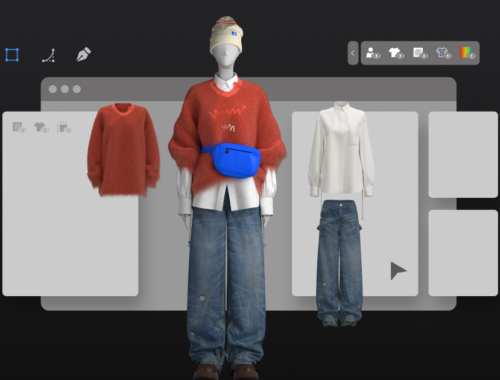Bid to get consumers on side
Bid to get consumers on side
When Connie Hedegaard, the European commissioner for climate action, announced new vehicle emissions limits for 2020 last week, she had a vital ally by her side – Monique Goyens, director-general of the European Consumers’ Organisation, BEUC.
With the German car industry strongly resisting new targets and complaining about the cost, Hedegaard needed consumers on her side. She has already had to fight battles within the Commission to keep the proposal – to limit emissions to 95g/km by 2020 – from being watered down to pacify the Germans. Some of those battles were won, others were lost. But the war is far from over.
As the legislation heads to the European Parliament and member states for approval, all sides are expecting an intense fight. In these times of economic uncertainty, the public could easily worry that new emissions limits will drive up the cost of cars, perhaps to the point of being unaffordable.
Affordability
The Commission has been keen to reassure drivers that they will still be able to afford the type of vehicle that is best for them. What will change is how often they have to fill up with fuel. “Soaring fuel prices have been nightmarish for most European car-drivers in recent times,” said Goyens. “By obliging car companies to reduce their fleet’s CO2 emissions, consumers will save money at the petrol pump.”
According to the Commission’s analysis, setting this more stringent target would save consumers €340 in fuel costs each year compared to the existing target of 130g/km by 2015. Over a car’s lifetime – estimated at 13 years – a consumer would save an additional €2,904-€3,836. This translates to an overall savings of €30 billion per year for all consumers.
The International Automobile Federation (FIA), which represents drivers, has also come out strongly in favour of the limits. “The European Commission is providing an important incentive for industry to develop clean technologies that will benefit all who are interested in sustainable mobility in terms of both cost and the environment,” said the FIA’s Werner Kraus.
The big question, however, is whether the additional costs incurred by carmakers in terms of research and development and adapting product lines will be passed on to consumers. On this question the Commission’s impact assessment was inconclusive. “It is not sure that manufacturers are going to pass on the increased price, because the car market is very competitive,” said Goyens. But even if a price increase is passed on to consumers, the savings on fuel costs would make up for that within three years, she insisted.
Click Here: Putters
Counting the cost of inequality
You May Also Like

Google Snake Game: A Classic Arcade Experience
March 23, 2025
The Future of Fashion: How Artificial Intelligence is Revolutionizing the Industry
February 28, 2025